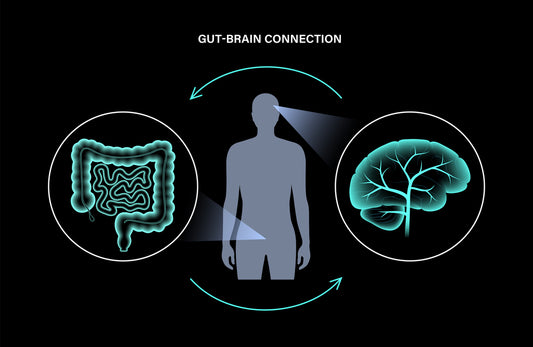5 Foods that Boost Brain Function

The foods we eat and the nutrients we consume have a significant impact on the health and structure of our brains. Eating foods that have brain-boosting properties can help short and long term brain function.
The brain is a laborious organ. It uses 20% of the body’s calories, so it needs good fuel to maintain attentiveness all day.
Like all other organs the brain also needs certain nutrients to stay healthy. For example, Omega 3 fatty acids help build and repair cells. Antioxidants reduce cellular stress and inflammation, which are linked to aging and neurodegenerative disorders like Alzheimer’s disease.
Here are 5 foods that help boost brain functions.
Fatty Fish
Fatty fish are abundant sources of omega 3 fatty acids. Healthy unsaturated fats like the ones found in fish are linked to lower blood levels of beta-amyloid- the protein that forms clumps in the brains of people with Alzheimer’s disease. Try to incorporate fish into your diet as much as possible. Experts suggest twice a week but choose varieties that are low in mercury, such as canned light tuna, cod, salmon and pollack. If you’re not a fan of fish, are vegetarian/vegan or allergic to seafood, look for plant-based omega 3 supplements (Greeniche Omega 3 is a plant based Omega 3) or include terrestrial omega 3 sources like flaxseeds, avocados and walnuts into your diet.
Green Leafy Vegetables
Leafy greens like kale, spinach, collards and broccoli are rich in vitamin K, lutein, folate and beta carotene. These nutrients are vital for good brain health, and research shows that they help decline cognitive decline.
Berries
Research shows that flavonoid, the natural plant pigment that gives berries their bright colour, also helps improve memory. A study by Harvard’s Brigham and Women’s Hospital found that women who consumed two or more servings of strawberries and blueberries each week delayed memory loss by up to two-and-a-half years.
Tea and Coffee
The caffeine found in coffee and tea is known to give short concentration boosts. Beyond boosting attentiveness, a 2018 study found that caffeine also increases the brain’s capacity to process information. Coffee and tea also have many antioxidants that help slow down cognitive decline and the chances of Alzheimer’s disease.
Walnuts
All nuts are an excellent source of healthy fats, but walnuts also help improve memory. A 2015 study conducted by UCLA linked higher walnut consumption to improved cognitive performance. Walnuts are high in alpha-linolenic acid (ALA), an omega 3 fatty acid. Diets rich in ALA and other fatty acids are known to lower blood pressure.
Vitamins like Greeniche Vitamin B12 help slow down memory loss and help create new brain cells, and hence, people with vitamin b12 deficiency also experience faster memory loss.







